Discover financial empowerment resources
Discover financial empowerment resources
Wellesley Institute’s Thriving in the City1 framework is a valuable tool for understanding what resources an individual needs to live a healthy life and assessing how the current policy environment meets these needs. While the previous report focused on working-age adults (25-40 years old),2 this...
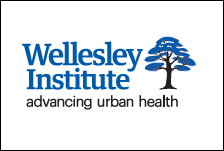
In partnership, Daily Bread Food Bank and North York Harvest Food Bank have released Who’s Hungry 2024 – an annual profile of poverty and food insecurity in the City of Toronto. In the last year, there were 3.49 million client visits to Toronto food banks – nearly 1 million more visits...
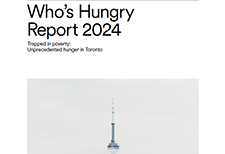
In 2023, 22.9% of people in the ten provinces lived in a food-insecure household. That amounts to 8.7 million people, including 2.1 million children, living in households that struggled to afford the food they need. With another year of rising food insecurity, the percentage of people affected is...
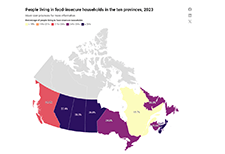
More and more people are having difficulties in covering day-to-day expenses, saving money, and paying down debts. The Financial Wellbeing Café Scientifique was an opportunity to bring people together to talk about how to drive action on financial wellbeing in Canada. The event included a...
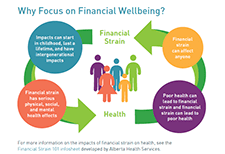
The Reducing the Impact of Financial Strain (RIFS) project is a ground-breaking collaboration between communities and their Primary Care Networks that aims to reduce financial strain as a barrier to health, particularly in areas of cancer, chronic-disease-management, and prevention. Did you know...
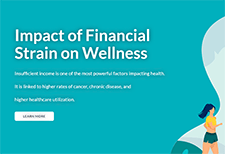
Wealth inequality, health and health equity is one in a series of ongoing think pieces from Wellesley Institute that aim to stimulate ideas and new conversations to create a fairer and healthier tomorrow. Canadians are struggling with the rising cost of living. A national survey in November 2023...

In their study, entitled, “Experiences of Financial Stress and Supports in Caregivers During Pediatric Hospital Admission,” Nadarajah et al interviewed caregivers of children admitted to a pediatric hospital and conducted qualitative analyses to assess financial needs, health related financial...
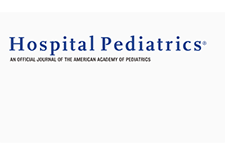
Gender-based violence (GBV) is one of the most prevalent human rights issues in the world. Worldwide, an estimated one in three women will experience physical or sexual abuse in her lifetime. GBV is a multifaceted issue that undermines the health, dignity, security and autonomy of women and has a...
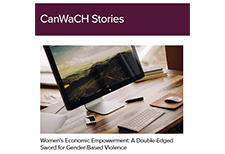
This study examined the financial lives of retired Canadians and those approaching retirement. While most retired Canadians said they are in a strong financial position, a concerning 15% of retirees rated their financial situation as poor. Almost one third of retirees reported their monthly...
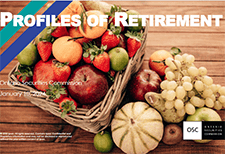
Food insecurity is a significant public health problem for Indigenous peoples in Canada. A comprehensive literature review is needed to organize the evidence according to the 4 pillars of food security (i.e., availability, access, utilization, and stability) and identify gaps in the published...
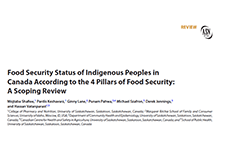
For some individuals with a disability, the main labour market challenge is to find employment. Others may find it difficult to retain their jobs or qualify for promotion opportunities. This study offers important new insights into the life-long evolution of the earnings of individuals whose...

Drawing on survey and interview data, as well as data from Daily Bread and North York Harvest’s member agencies, the 2022 Who’s Hungry report examines trends in food bank use and food insecurity over the past year in relation to three core areas: income and employment, housing, and the cost of...
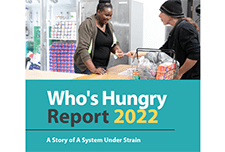
Drawing on data for 54,000 households from Statistics Canada's Canadian Income Survey conducted in 2021, a disturbingly high rate of household food insecurity was identified. Food insecurity consists of inadequate or insecure access to food due to financial constraints. The prevalence of...
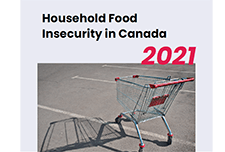
This resource produced by Community Legal Education Ontario (CLEO) provides a list of free legal information about paying rent, eviction procedures and much...

Social prescribing is a means of connecting people to a range of community services and activities to improve their health and well-being. These services vary based on each person’s needs and interests, and can include food subsidies, transportation, fitness classes, arts and culture engagement,...
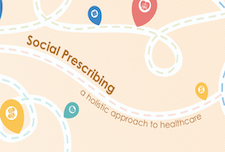
The following snapshot aims to highlight how Anti-Black racism and systemic discrimination are key drivers of health inequalities faced by diverse Black Canadian communities. Evidence of institutional discrimination in key determinants of health is also presented, including education, income, and...

Improving people’s financial circumstances has never been more critical. Disadvantaged population groups have experienced even higher levels of financial strain and poor financial wellbeing during the pandemic. This has negatively impacted their physical and mental health. To support efforts to...
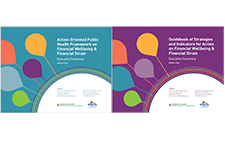
The health and economic crises brought on by the coronavirus 2019 (COVID-19) pandemic has made the federal nutrition programs more important than ever. An unacceptably high number of people in America do not have enough to eat, and it is likely that the economic recovery for families who struggle...
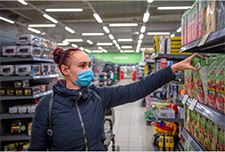
Statistics Canada has created an "Opportunity for All"; a dashboard of 12 indicators to track progress on deep income poverty as well as the aspects of poverty other than income, including indicators of material deprivation, lack of opportunity and resilience. These indicators are broadly grouped...
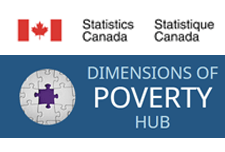
The Ganohonyohk/Prosperity Research Project explored how seven Indigenous Friendship Centre communities in Ontario understood the concept of prosperity. The guiding research question of “How do urban Indigenous Friendship Centre communities in Ontario view a prosperous/wealthy life?” was used...
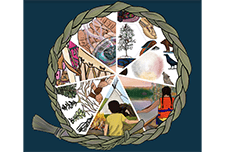
This article uses data from a recent crowdsourcing data initiative to report on the employment and financial impacts of the COVID-19 pandemic on Indigenous participants. It also examines the extent to which Indigenous participants applied for and received federal income support to alleviate these...
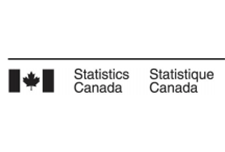
A survey led by researchers at Western University explores the experiences of trans and non-binary Canadians during the COVID-19 pandemic. Initial research from the Trans PULSE Canada survey highlighted that many trans and non-binary Canadians will avoid seeking necessary health care because of a...
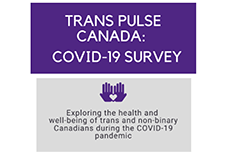
As practitioners continue to deliver important client-centred services during the COVID-19 pandemic, this can be accompanied by feelings of burnout or compassion fatigue. It can be helpful to establish or renew your practice of self-care, fostering your own physical and mental health during...
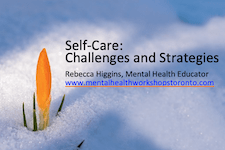
This handbook provides a guide for actions to take when nurturing supporting relationships for people living with a...
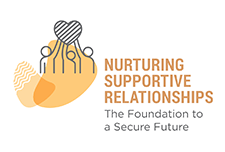
This exploratory study aims to better understand the challenges experienced by members of cultural communities in Montreal, particularly the most disadvantaged groups, during the COVID-19 pandemic in the Spring of...

